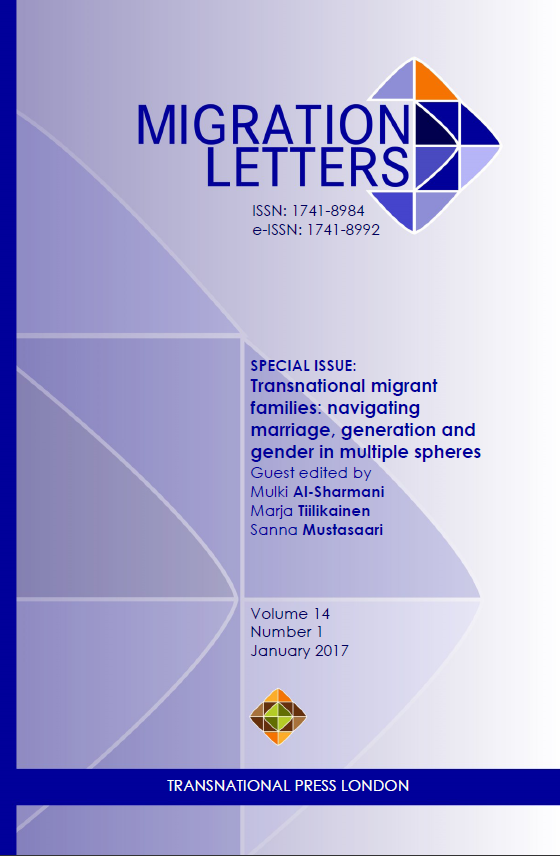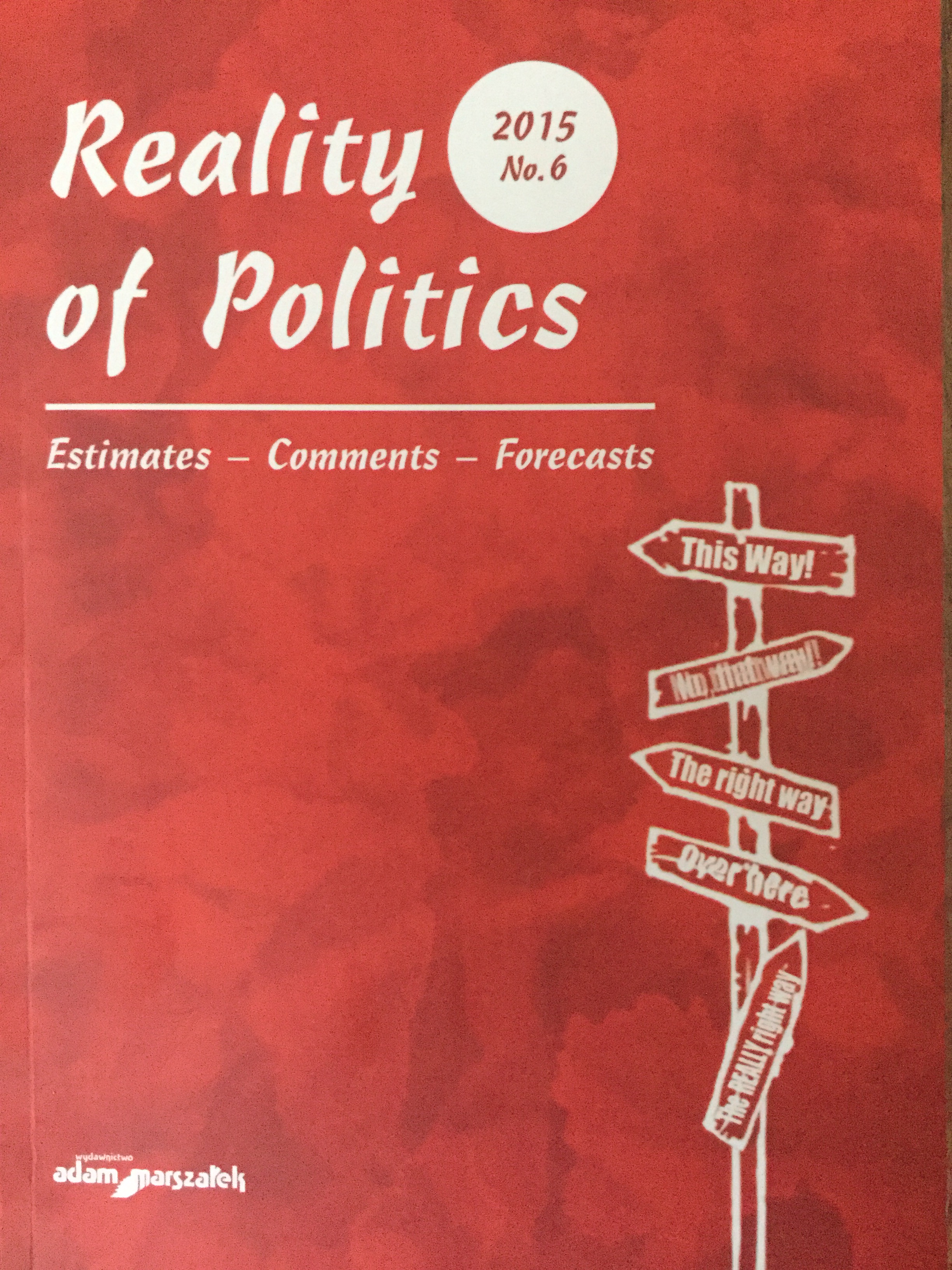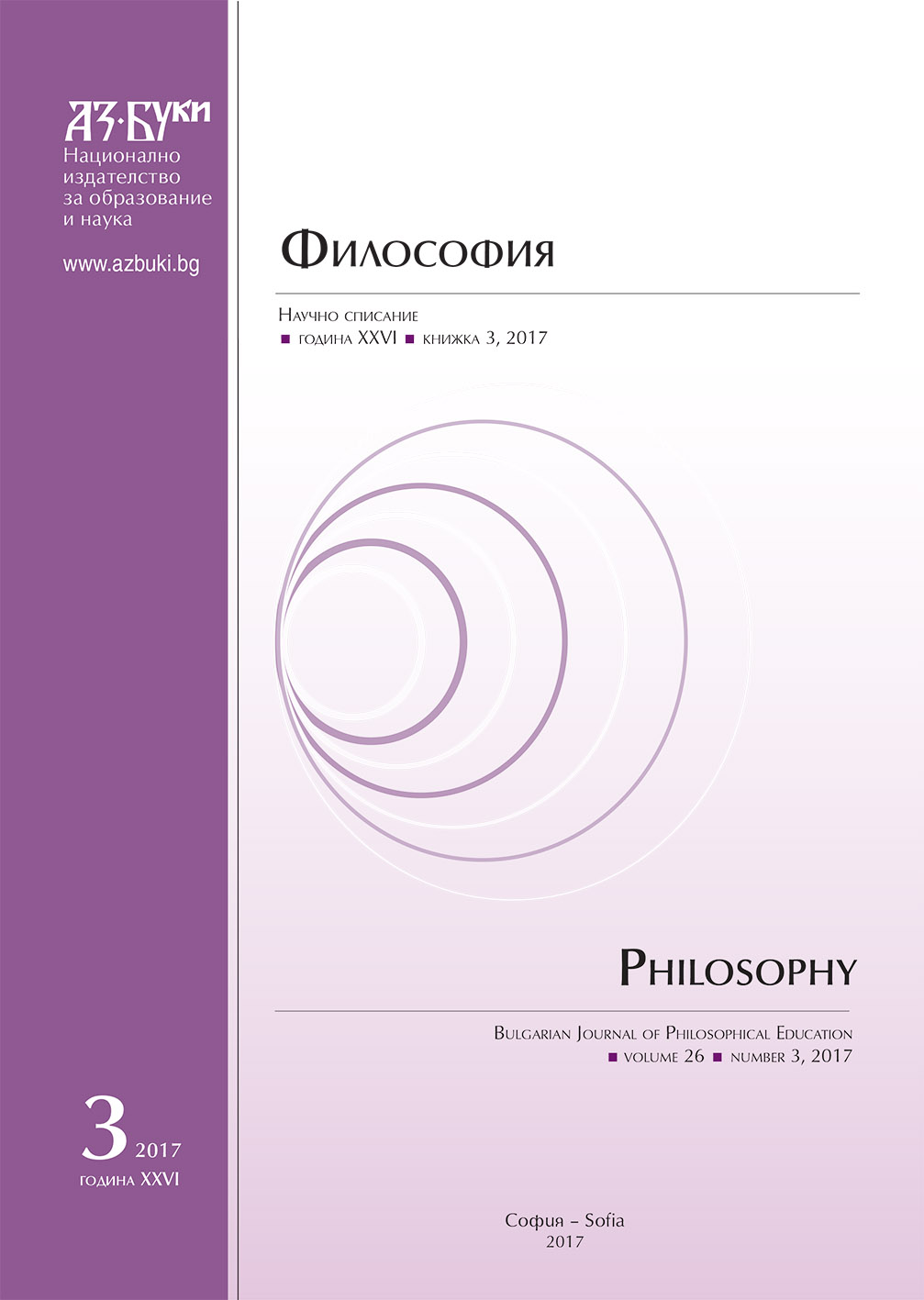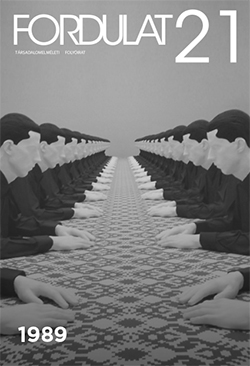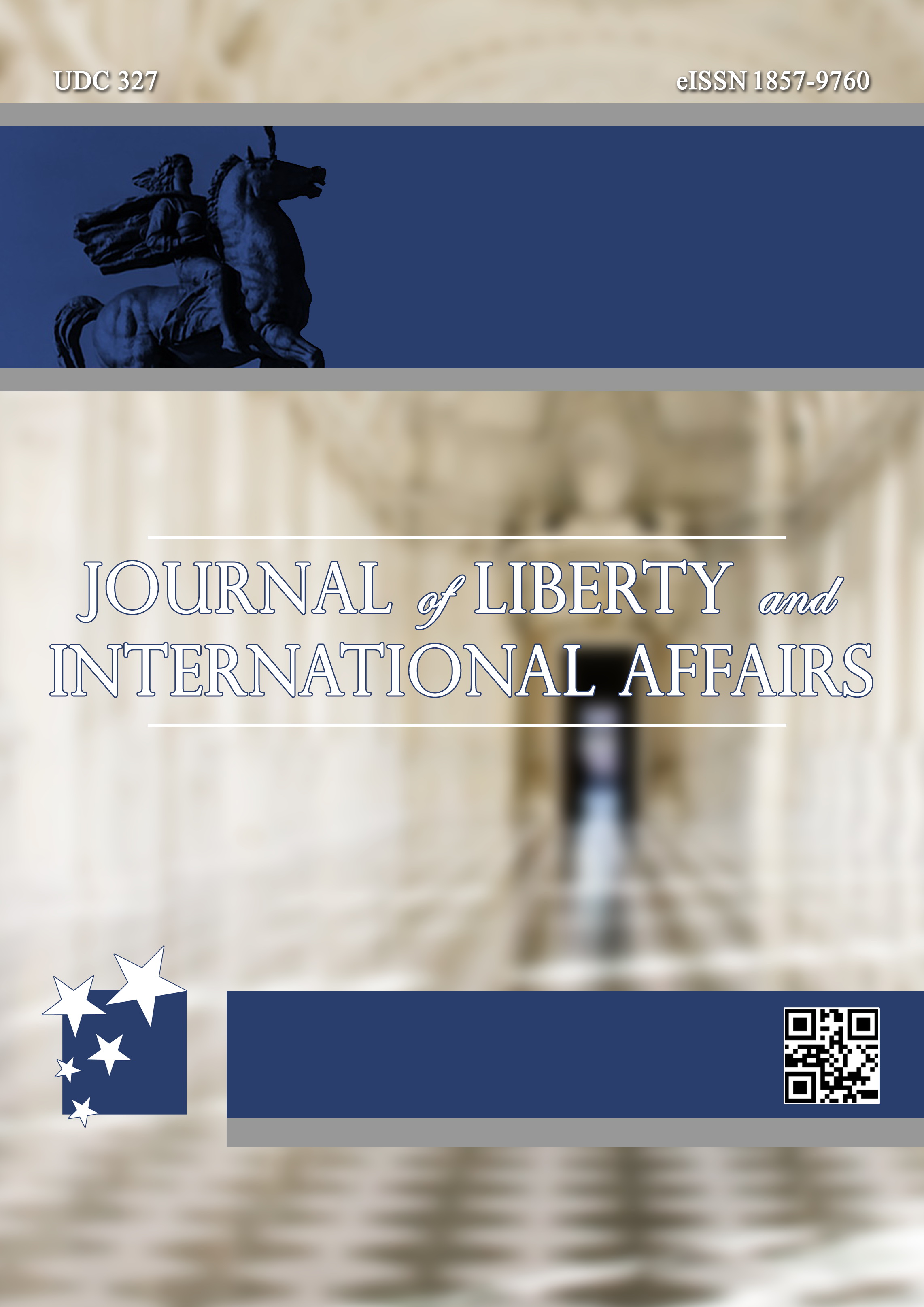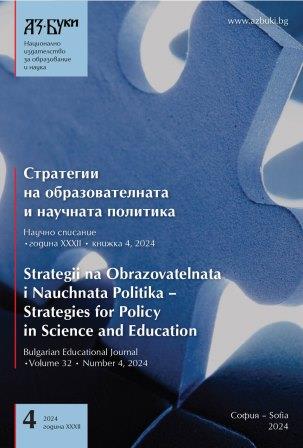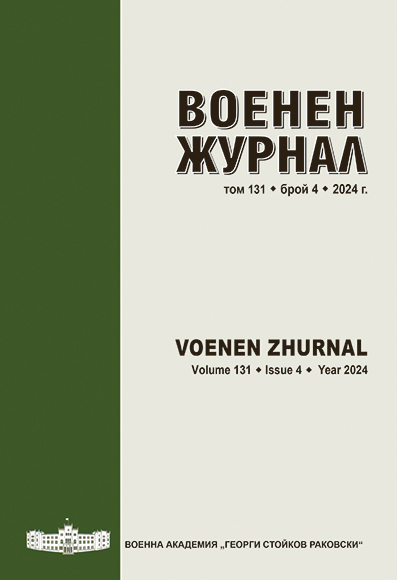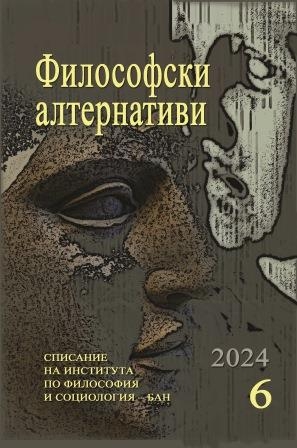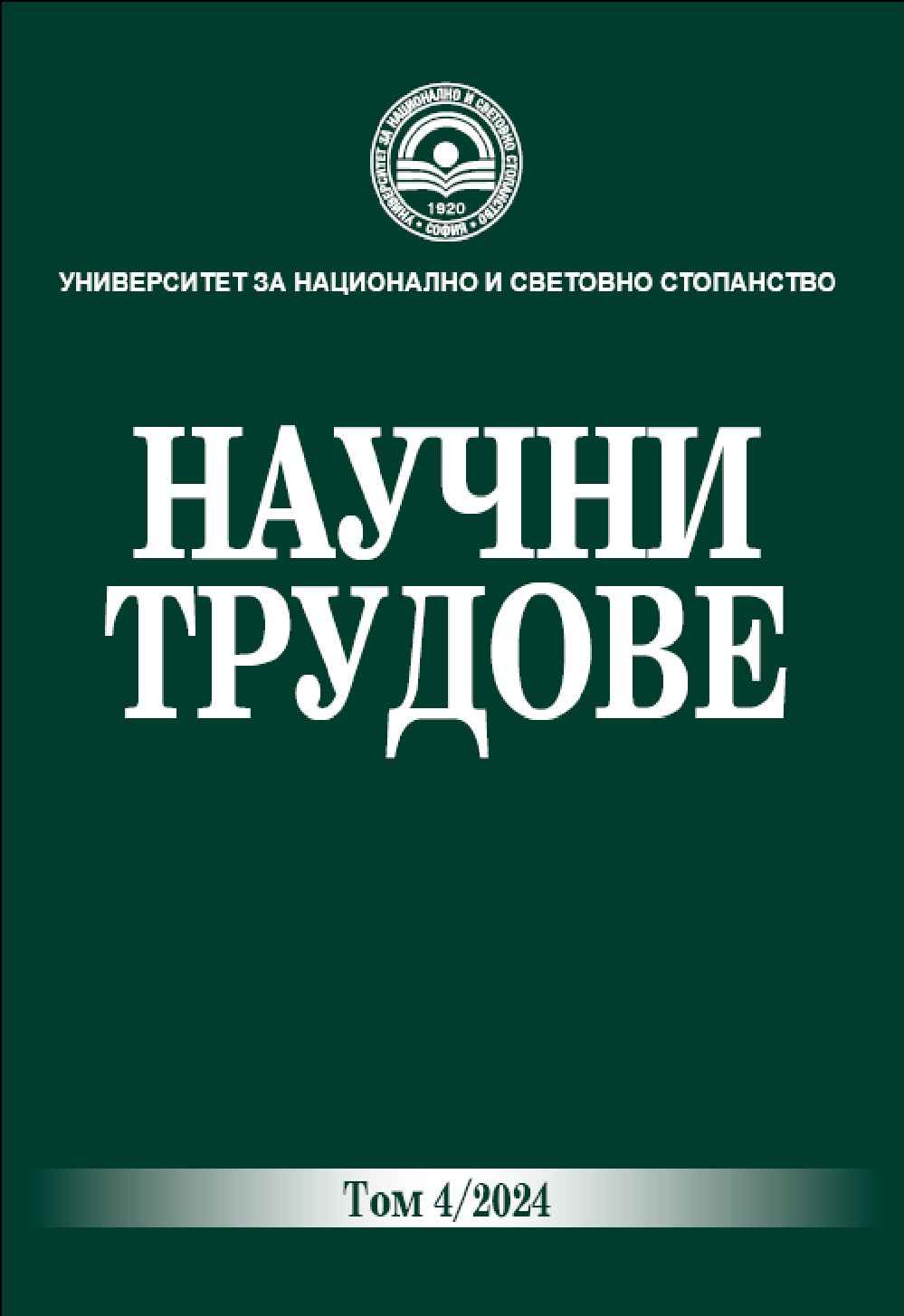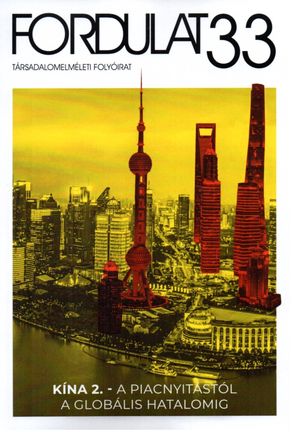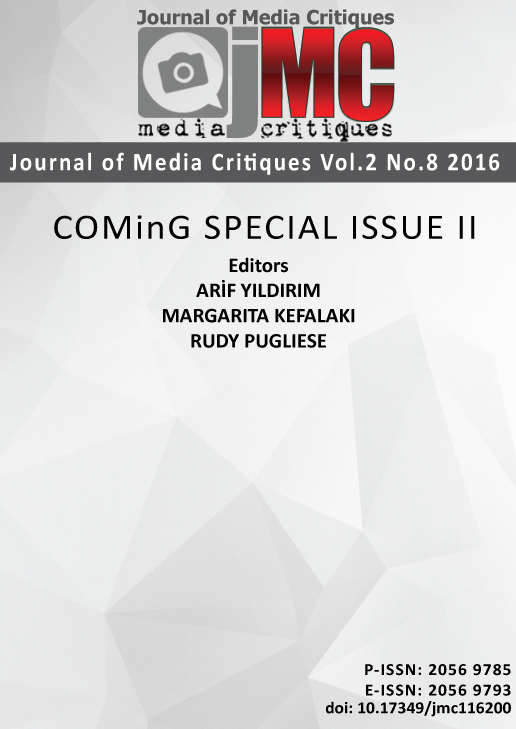
PUBLIC DIPLOMACY AS A TOOL TO CHANGE THE IMAGE OF A COUNTRY IN CRISIS
The aim of this study is to explore the means, the methods, and the techniques of public diplomacy that a country in crisis, such as Greece, should use. The paper addresses the very issues of whether a country in crisis can conduct public diplomacy and whether it should be recognized as a legitimate and powerful actor in the field. In a broader sense, it focuses on the processes that a country should follow and how a better understanding and framing of its situation, principles, and policy can be provided. A crucial factor for such countries is the choice of communication channels, which includes traditional tools like press releases, letters to editor, editorials, interviews, or more active tools like social media, events, campaigns, and networking. In this paper, three dimensions of public diplomacy are examined, and appropriate tools to be developed in the short, medium and long-term are proposed. The results of the study are based on case studies, methods, and tools employed by Greece during the last years that the country has faced a huge economic crisis. There is a short presentation on the methods that Greece tries to adopt in order to enhance its image worldwide.
More...
